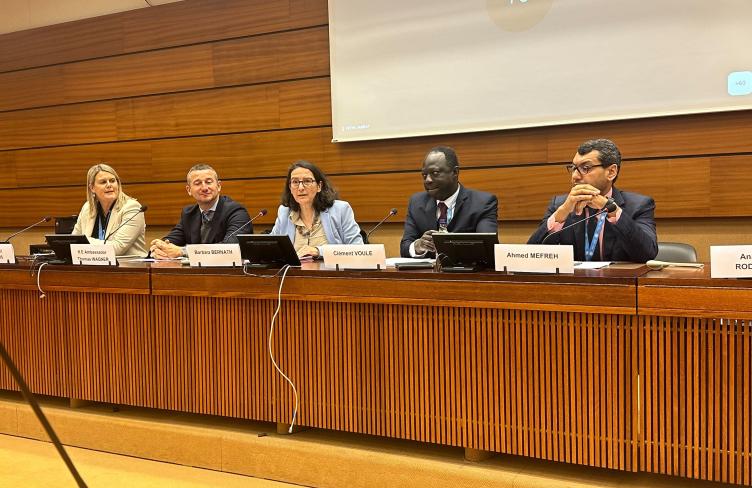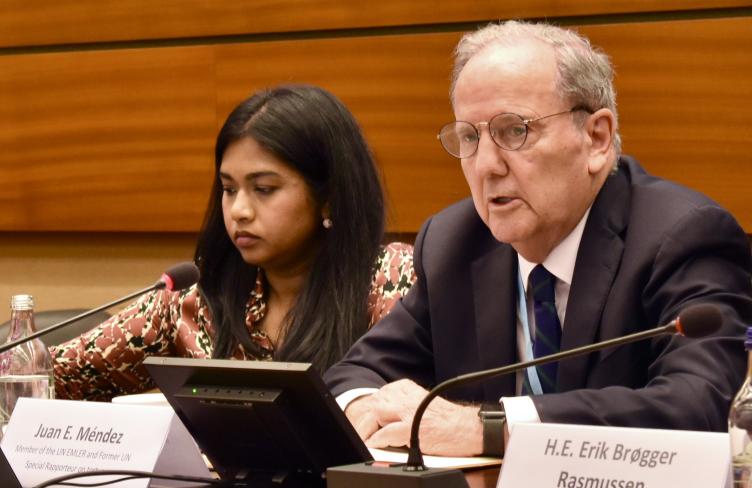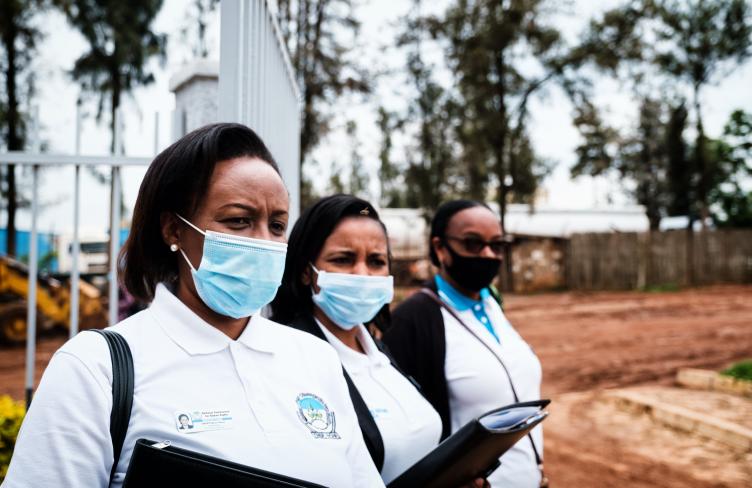The APT and partner organisations from Brazil took the floor during the 46th Session of the UN Human Rights Council to call the attention of the international community to severe setbacks in efforts to prevent torture and ill-treatment in the country.
In a joint video statement, Conectas Direitos Humanos, Rede Justiça Criminal, Agenda Nacional pelo Desencarceramento and the APT raised concerns about actions taken by the Brazilian Government to dismantle and defund the national oversight body responsible for monitoring places of detention.
In June 2019, the Federal Executive enacted Decree No. 9,831 to dismantle the National Mechanism for Preventing and Combating Torture (MNPCT). The National Mechanism is an independent body that was established by law following Brazil’s ratification of the Optional Protocol to the UN Convention Against Torture. It operates through the Ministry of Women, Family and Human Rights.
The National Mechanism plays a vital role to protect the dignity and rights of persons deprived of liberty, document conditions of detention in public reports and make recommendations to public officials to promote changes in law, policies and practices.
Since its establishment in 2015, the National Mechanism has carried out missions to 20 states across Brazil and monitored more than 170 places of detention, including prisons, psychiatric institutions, centres for the treatment of drug addiction, socio-educational units and custody hospitals.
During the pandemic, the work of national preventive mechanisms, such as Brazil’s National Mechanism, has become even more important. Following the suspension or restriction of visits by families, detainees have been left further isolated. It has also become harder to access information and data regarding the situation in prisons and other detention facilities. Local and national preventive mechanisms are among the few bodies that have continued to carry out their monitoring mandate during COVID-19.
Addressing the Human Rights Council, the APT, Conectas Direitos Humanos, Rede Justiça Criminal and Agenda Nacional pelo Desencarceramento called on the Brazilian Government “to respect the Optional Protocol to the Convention Against Torture and to revoke the Decree that weakens the National Mechanism for Preventing and Combating Torture”.
They also highlighted other setbacks that have negatively impacted effective tools to prevent torture and ill-treatment, such as custody hearings. Since 2015, such hearings have been playing an important role in combating torture in the country. Nevertheless, with the aggravation of the pandemic, in November 2020, the National Council of Justice authorised that custody hearings be carried out by video conference. Since then, in at least two states of Brazil, custody hearings have been conducted by video conference from inside a police station, without a lawyer to represent the detainee, a practice that has raised the concern of APT and civil society organizations across the country.
In addition, legislation enacted in 2017 has given power to the military justice system to investigate and prosecute human rights violations, such as torture and even homicides, committed by military personnel in public security operations.
The joint statement noted that these changes disproportionately affect the most vulnerable groups in Brazilian society, especially black young people, who are the main victims of racism and institutional violence in the country.
Read the full statement here, delivered during the Interactive Dialogue with the Special Rapporteur on torture and other cruel, inhuman or degrading treatment or punishment.
The video of the session is available here (statement read from 1.28).


